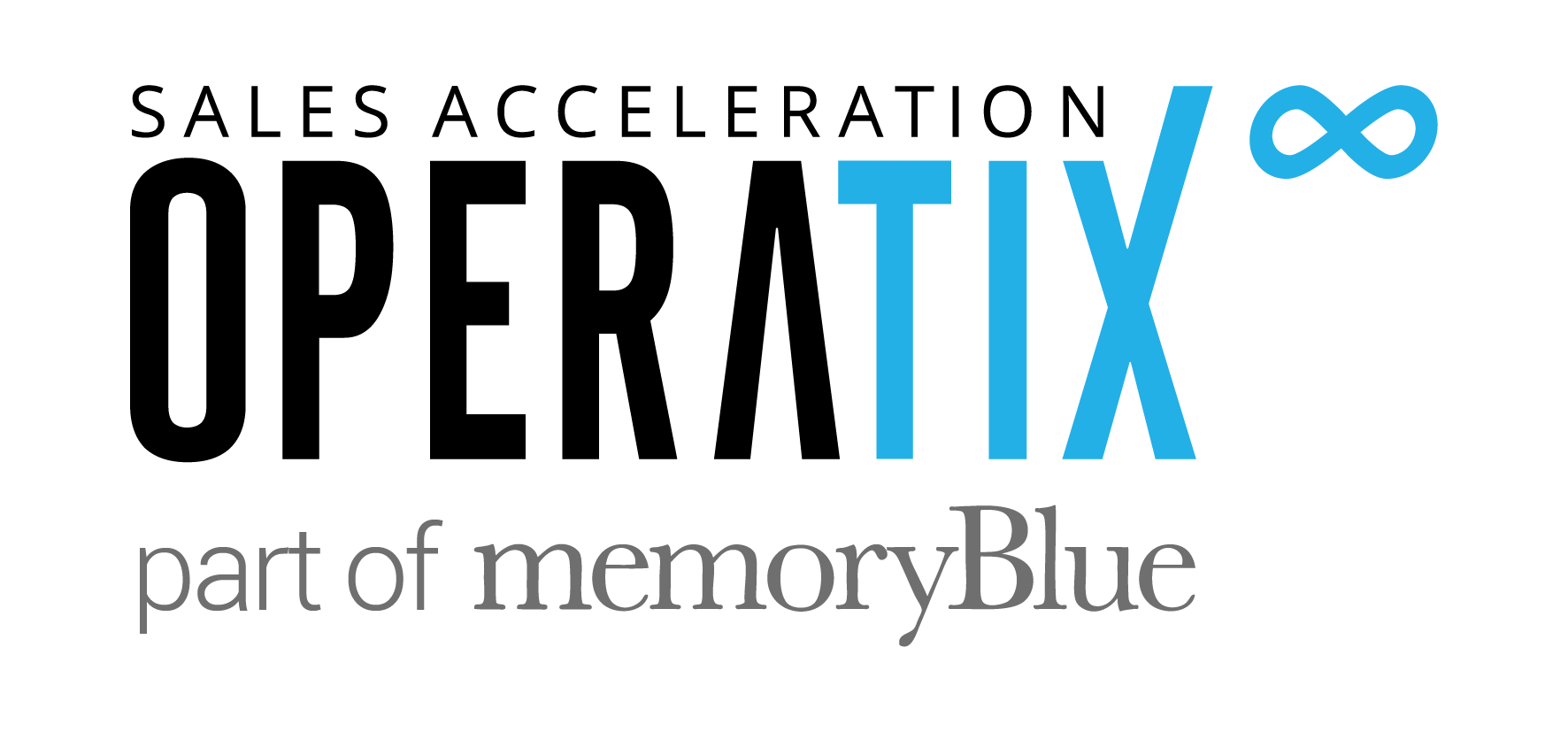A lot of SDR managers become SDR managers simply because they were very good reps. They excelled at their roles as SDRs, and so by virtue of their skill, they’re promoted to an SDR manager.
Which is great for them. But often, what doesn’t get trained are simply expectations. What is expected of an SDR manager is very different from what is expected of an SDR. It requires a different mindset. A different focus. How can SDR managers set their teams up for success?
We talked with Kyle Coleman, VP of Revenue Growth at Clari about:
- The 4 key things SDR leaders need to be doing to build successful teams
- The soft skills that SDR leaders need to have in order to succeed
- Why we see SDRs more often progress into AE roles than SDR manager roles
- How to identify if an SDR is a good candidate to progress to an SDR manager
Check out here the SDR Manager Effectiveness Framework
The 4 key things SDR leaders need to be doing
As a manager, you have to both be able to identify what needs to be solved, and you have to be able to solve it.
Four specific keys to SDR leadership:
Make the team successful.
Managers must be able to develop other managers, run team meetings, motivate people, understand their behavior, and identify ways to help them grow.
Get good at cross-functional leadership.
An SDR manager has to be able to lead across the chain of command. Does this manager have strategic insight into the different things that matter to other managers?
Keep a sharp eye on process management.
Have you ever seen a successful frontline manager who’s not well versed on the processes?
Nail the intangibles.
This includes hard-to-categorize characteristics such as autonomy, listening, and critical thinking.


A lot of SDR managers become managers by virtue of having been really good reps…but often what doesn’t get trained are simply expectations.
Kyle Coleman – VP of Revenue Growth at Clari
Developing a great SDR leadership team
You don’t build a successful sports team by hiring a group of 11 people that are all really good at the same thing. To build a great team, you need specialists whose strengths complement each other’s weaknesses.
When you develop a team with complementary skills, you know who the best leader is for training and onboarding, the best at career development, the best in difficult conversations, and so on. You can learn from each other.
A lot of people make the terrible mistake of hiring for a profile. When you do that, you end up with a team that looks, feels, acts, and thinks the same way — and nothing will stunt your growth more.
Now, how do you measure leadership effectiveness?
Kyle asks his managers to self assess against intangible qualities. Managers — and their managers — submit a qualitative statement against their qualitative goals. That lets everyone know what everyone else thinks about the way a manager is performing.
Is this method super scientific? No. But it is a useful way to keep your finger on the pulse of what your team is doing, how individual managers are performing, and ways you can help everyone grow.


Process management is super important. I’ve never seen a successful front-line manager who isn’t incredibly well-versed on processes.
Kyle Coleman – VP of Revenue Growth at Clari
How to identify potential SDR leaders
Great SDR management teams don’t happen by accident. They happen by intent.
Start by putting pen to paper and defining your criteria for leadership. Document the reality of making the tricky jump from SDR into management. Then evaluate your candidates against that criteria.
Does your prospective SDR leader know what motivates people? Do they understand what others are passionate about?
Ask yourself: What motivates your candidate to aspire to leadership? Is it income? Lifestyle? Personal goals?
You’re not looking for someone primarily motivated by the opportunity to maximize their income. You want a leader who is genuinely eager to help a new person through the onboarding process.
Key question: What’s motivating you?
Sometimes people are properly motivated for management. They’re enthusiastic and passionate about the role, but they just aren’t effective. In these cases, you need to determine if they can close the gaps.
You can offer to help them put together a plan to develop the skills for one of these roles. In some cases, though, the gaps may be so wide that your candidate is not likely to close them. When you spot that, be honest. Help your candidate redirect their career plan along a path that suits their natural talents.
You have to be intentional about defining your expectations. That’s how you set up your team for success.


As a manager, you have to both be able to identify what needs to be solved, and you have to be able to solve it.
Kyle Coleman – VP of Revenue Growth at Clari
To continue the conversation with Kyle, visit https://www.linkedin.com/in/kyletcoleman/.
To hear this interview and many more like it, subscribe to The B2B Revenue Acceleration Podcast on Apple Podcasts, Spotify, or our website.




